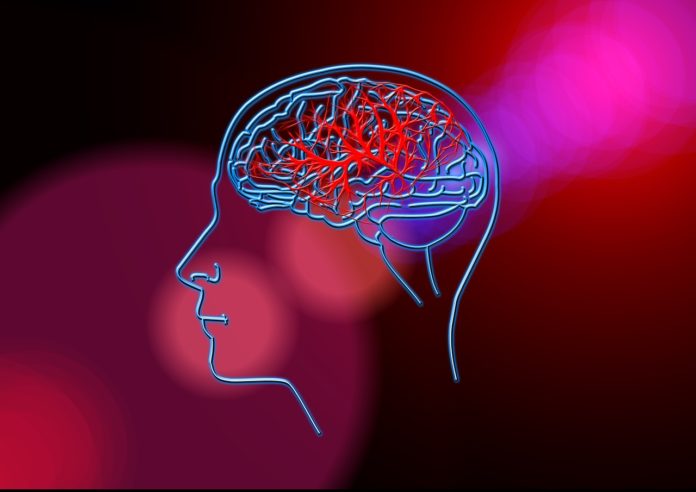Diagnosis of minor stroke increased by 30 percent in patients with low-risk symptoms, finds a new study
An international study has highlighted the importance of magnetic resonance imaging (MRI) in helping to diagnose minor stroke and transient ischemic attacks (TIAs).
The study included 1028 patients from hospitals in Canada, Australia and the Czech Republic who experienced a number of symptoms that aren’t always associated with stroke, such as numbness, dizziness, or very short episodes of weakness or difficulty with speech.
Patients with motor or speech symptoms lasting more than five minutes are at high risk of having a stroke and must be seen urgently.
in 30 per cent of patients in the study, the physicians changed their diagnosis based on the MRI scan
However, in patients who don’t have any weakness and speech symptoms, the diagnosis is difficult and so patients with numbness, dizziness or with difficulty walking may not be diagnosed with a stroke syndrome. These patients are, overall, felt to be at low-risk of having a stroke and constitute about 50% of cases.
Physicians involved in the study group examined patients with Uncertain-Origin Benign Transient Neurological Symptoms (DOUBT) within eight days of the start of their symptoms. They performed a detailed neurological assessment, took a patient history, made a diagnosis, and then did an MRI scan within the first week – followed by a second diagnosis.
“We found in this study that there was a 13 per cent risk of having had a stroke,” said lead investigator Dr. Shelagh Coutts, MD, a professor in the departments of Clinical Neurosciences, Radiology, and Community Health Sciences at the CSM.
“This was far higher than we expected in this low risk population.”
Further, in 30 per cent of patients in the study, the physicians changed their diagnosis based on the MRI scan.
“It is not an emergency, same-day test. The MRI has an important predictive value. A normal test means that the patient most likely has not suffered a stroke syndrome and the risk of future stroke is very, very low,” added Dr. Coutts.
